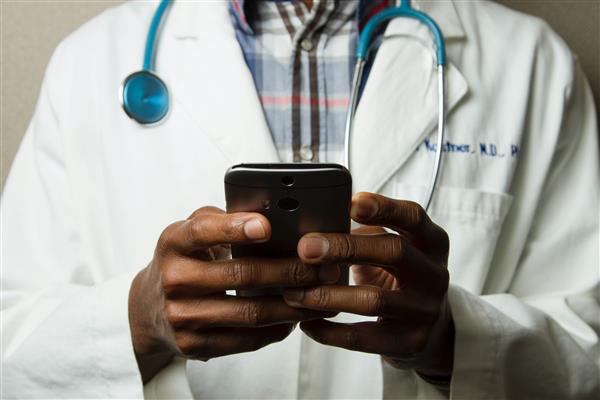November 30, 2022
by Elizabeth Pratt

Psychologists are struggling to meet demand amid a rising mental health crisis.
Results from the American Psychological Association’s 2022 COVID-19 Practitioner Impact Survey show that most practitioners have no openings for new patients and have waitlists that are longer than before the pandemic began.
[More]
September 10, 2021
by Tina Arnoldi

Misophonia is a neurological disorder characterized by negative emotional reactions to ordinary sounds, like chewing, eating, and breathing. People with misophonia experience strong feelings of anxiety, disgust, or anger towards these harmless noises.
[More]
September 3, 2021
by Tina Arnoldi

The number of people affected by a mental disorder is growing, along with vagueness around the term “mental disorder ”A recent Psychological Medicine article explores the controversy around defining what thoughts and behavior indicate a diagnosis and suggests that the psychiatric field would “benefit from developing more sharply defined indicators of dysfunction”
[More]
April 30, 2021
by Tina Arnoldi

Recent research found that “Leisure reading is associated with several important educational and cognitive benefits, and yet fewer and fewer young adults are reading in their free time.” Even though reading has declined for some age groups, mental health providers still practice bibliotherapy, using books as part of therapy to treat psychological disorders. Several experts shared their perspective on the benefits of this practice.
[More]
April 16, 2021
by Tina Arnoldi

A recent study found that BPD diagnosis was higher for the LGB community than heterosexual individuals. “Health care professionals evaluating patients for factors linked to BPD might ignore environmental stressors that LGB persons face or be unable to competently assess the extent to which the behaviors signify BPD or normative reactions to stress.”
[More]
February 5, 2021
by Tina Arnoldi

Clinical Psychologist Dr. Anthony Bean is the CEO of Geek Therapeutics, which aims to bridge “the gap between geeks and therapists”. But is there a market for this type of therapy? I invited Bean and other experts to give their thoughts on therapy specifically for geeks.
[More]
January 18, 2021
by Elizabeth Pratt

A year ago, trying to get patients at Michigan Medicine to agree to telehealth for their mental health appointments was a challenge.
The academic medical centre associated with the University of Michigan had only 26 video appointments in a six month period compared with 30 thousand in person visits.
COVID-19 changed all that.
[More]
October 16, 2020
by Tina Arnoldi

Millions of patients and doctors are using telehealth for the first time and likely will continue doing so for the foreseeable future. Although the end of COVID-19 is not yet in sight, patients continue to need routine medical care. The benefits of technology are beyond what we could have imagined decades ago, but we’re experiencing cognitive overload, brought on by our dependence on technology, bringing a whole new set of health problems.
[More]
August 21, 2020
by Tina Arnoldi

According to a recent study, long-term use of antidepressants can create physical dependence and severe withdrawal symptoms for patients who want to stop their treatment. This is a concern for people who wish to stop their antidepressant use and the physicians who prescribe.
[More]
April 24, 2020
by Tina Arnoldi

During the 2003 SARS outbreak, health care workers had concerns about infecting others and experienced stigma because they were in close contact with sick patients. A new study in JAMA looked at the mental health of 1,257 health care workers attending to COVID-19 patients in China since COVID-19 is our current concern. A large percentage reported depression, anxiety, insomnia, and distress. Findings suggest that these health care workers are at a significant risk of developing mental illness.
[More]